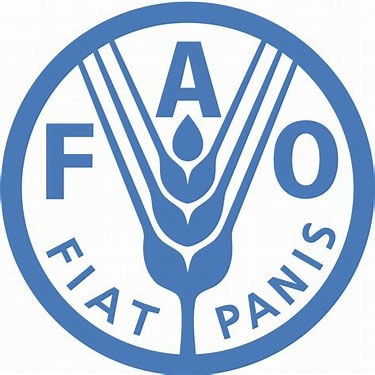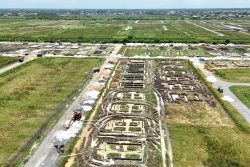Still nothing from ‘lead Heads’ on CARICOM food security undertaking
FAO Analytics, the Food and Agriculture Organization (FAO) body responsible for collecting, collating, analyzing, and disseminating food and agriculture statistics says that hunger in the Caribbean and Latin America is decreasing, simultaneously asserting that Brazil is leading the race to reduce food insecurity in the hemisphere. This analysis was based on the findings of the State of Food and Nutrition Security in the World (SOFI 2024) report.
The SOFI 2024 Report comes against the backdrop of a near news blackout on the Caribbean food security initiative assessment undertaken more than a year ago and out of which is still to come a report from the prime movers behind the undertaking, Guyana’s President Irfaan Ali and Barbados Prime Minister Mia Mottley.
A report published on the news website, Dominica News Online, on August 7 last alluded to “the first in a series of events focusing on assessing the progress of Latin America and the Caribbean in combating hunger and malnutrition” organized by the Food and Agriculture Organization of the United Nations (FAO) Regional Office for the region. One of the findings of the SOFI 2024 report unveiled during the G20 summit in Rio de Janeiro, Brazil, in July, highlighted that the percentage of hunger in Latin America and the Caribbean increased from 5.6% in 2019 to 6.9% in 2021 but dropped to 6.2% in 2023, resulting in 4.3 million individuals no longer experiencing hunger.
Brazil has reportedly been singled out as one of the nations where governmental policies have had a positive impact on reducing hunger and food insecurity. Against the backdrop of reportedly worsening food security challenges elsewhere in the hemisphere, the Brazilian government has been credited with establishing a “unified social database that enables a comprehensive assessment of the various dimensions of poverty impacting a household.” The database has been used as a mechanism through which to channel “tailored financial aid… to address the specific needs of each family,” and is geared towards “ensuring access to essential items such as food and other necessities.”






